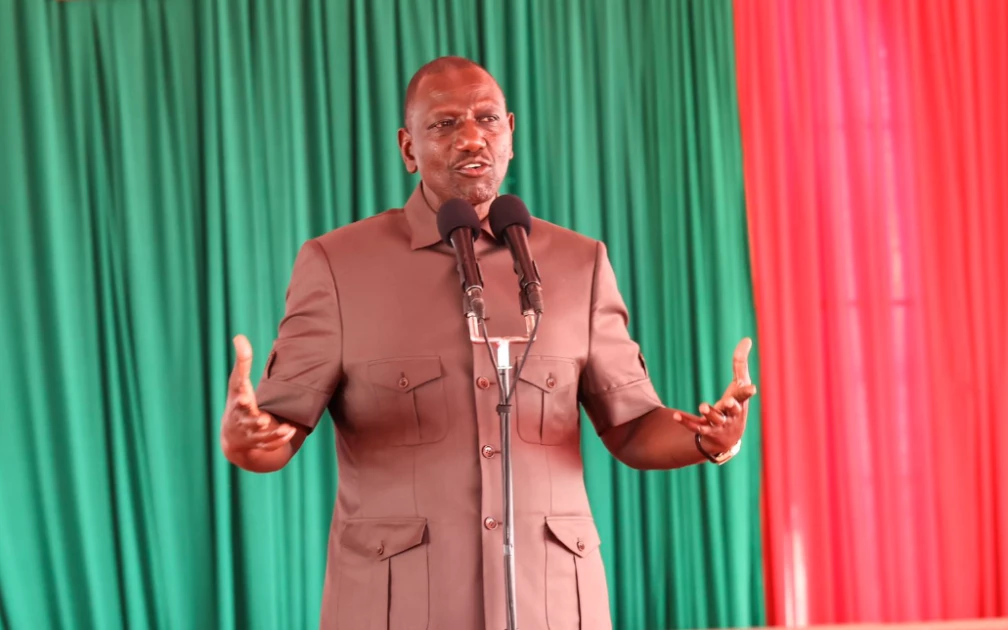President William Ruto has accused a section of Members of Parliament of receiving hefty bribes to oppose the recently enacted anti-money laundering law, warning that both corrupt lawmakers and those bribing them will soon face arrest.
Speaking on Monday, August 18, during a joint parliamentary group meeting with UDA and ODM legislators, Ruto said intelligence reports had revealed disturbing levels of corruption within parliamentary committees.
“By virtue of the position I hold today, I am a consumer of raw intelligence. I know what’s going on,” he told MPs. “Do you, for example, know that a few members of your committee collected Sh10 million so that you don’t pass that law on anti-money laundering? Did you get the money?”
The President noted that such backroom dealings were undermining crucial legislation intended to safeguard Kenya’s financial system and protect public resources from theft and abuse. He questioned how certain county officials were able to access unusually large sums of money, citing cases where individuals had Sh150 million in their possession.
“Where does somebody find Sh150 million? Is that his money? That is money that belongs to the county,” Ruto stressed.
He cautioned that corruption was steadily eroding the credibility of Parliament and destroying public confidence in the institution. According to Ruto, a handful of lawmakers were collecting money under the pretext of representing Parliament, yet those funds often ended up in private pockets.
“There are people who are destroying the credibility of Parliament, and they are collecting money in the name of Parliament. Most of the time that money never gets to Parliament, it gets to a few people,” he remarked.
Ruto vowed a tougher stance against bribery, promising action against both the givers and receivers of illicit payments.
“We are not going to shame them. We are going to arrest them. Both the givers and receivers must be dealt with,” he declared.
The President’s remarks come at a time when Kenya faces growing scrutiny from international financial watchdogs to strengthen its anti-money laundering framework and curb illicit financial flows.

